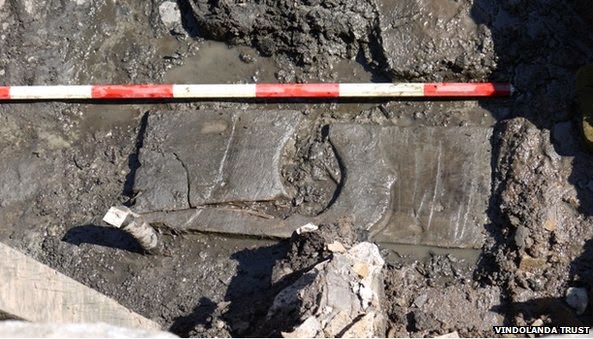Here's a lovely review of The Marathon Conspiracy that appeared a few issues back in Suspense Magazine, which is well worth subscribing to.
“The Marathon Conspiracy” By Gary Corby
Corby has most definitely brought to readers three amazing tales they will not soon forget. And now comes a fourth historical mystery set in Greece that, yet again, is so well-written you will feel as if you are truly part of the Ancient World.
The elections are about to be held in the city of Athens and the city’s (wise) statesman, Pericles, asks his inquiry agent, Nicolaos, to look into a matter that could undermine all of the political elections. It seems that a skeleton has been found at a girls’ school located not too far from Athens.
Nico is the super sleuth, to say the least; a sleuth who has just taken time off to wed his investigating partner, Diotima. Of course, Pericles and the case put that happy occasion on hold. Especially when the remains just happen to be those of Hippias. This was the massive traitor to the Greeks and, in the Battle of Marathon, was killed and left behind in Persia. The veterans of that battle are beyond angry. They have always claimed they were the men who thwarted the traitor, and they need to gain favor and political power, not stones to the head. And if this is not enough trouble, one of the girls who found the bones is dead, and the other has gone missing.
Shocking surprises arrive to the Athenian world, as they wonder why and how the traitor is ‘back.’ There is no obvious reason behind the bones finding their home in Athens, and Nico and Pericles must solve the mystery as fast as possible before Athens becomes a bed of power hungry, angry, willing-to-do-anything tyrants.
This will have the wealth of historical mystery buffs jumping up and down for joy. As with Corby’s other works, the tale is full of humor, suspense-filled plots, subplots, and characters that are unforgettable. It is no overstatement to say that Corby most definitely knows his history backwards and forwards, providing stories that are beyond exciting.
Reviewed by Mary Lignor, Professional Librarian and Co-Owner of The Write Companion


















